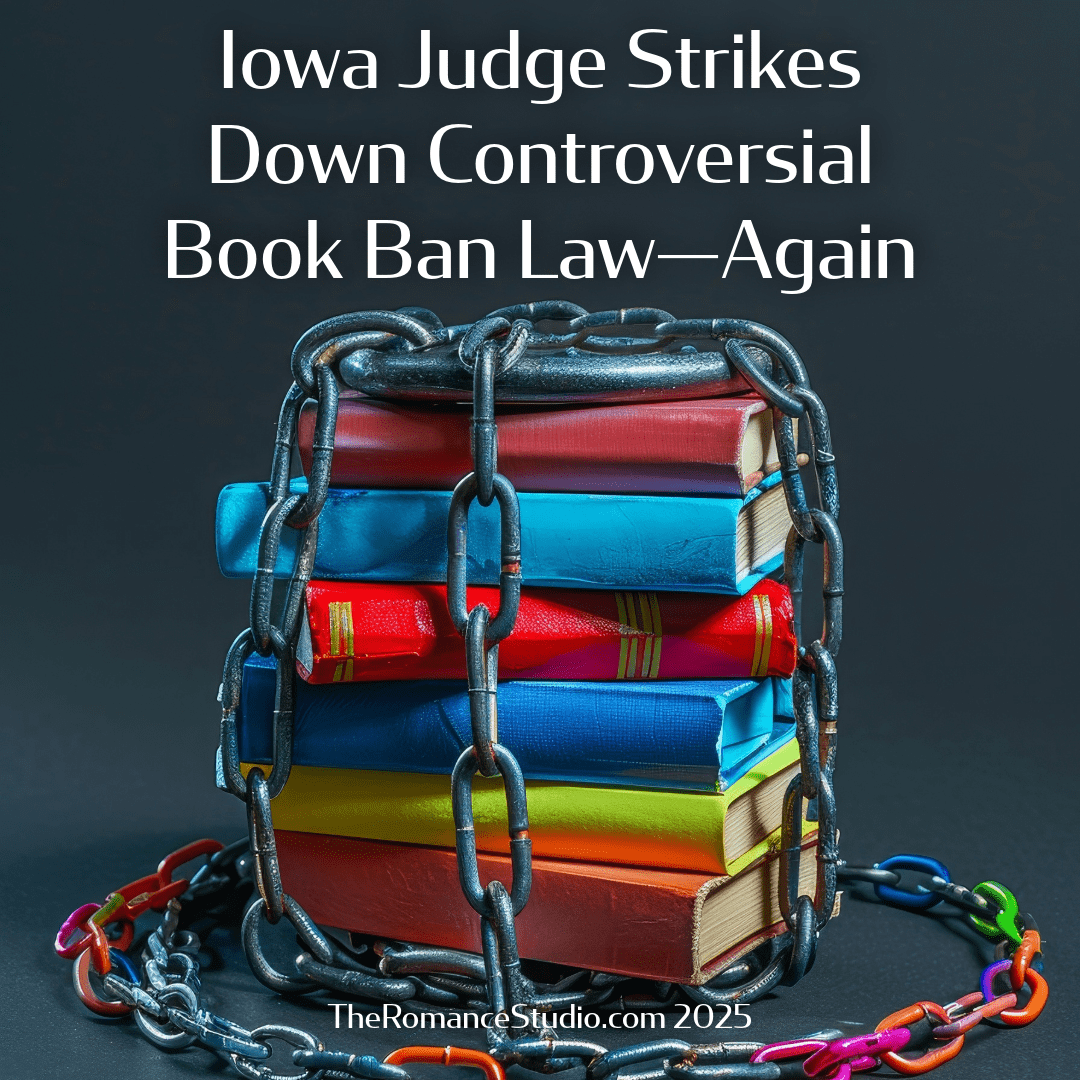Iowa Judge Strikes Down Controversial Book Ban Law—Again
A Win for Free Expression in Schools
In a powerful reaffirmation of the First Amendment, U.S. District Judge Stephen Locher has once again blocked Iowa’s Senate File 496, a contentious law that sought to ban books featuring LGBTQ+ themes and sexual content from public school libraries. This ruling marks the second time the law has been halted, reaffirming its unconstitutionality and reinforcing the rights of students to access diverse and meaningful literature.
Back-and-Forth in the Courts
Senate File 496 initially faced legal pushback in late 2023, when Judge Locher issued an injunction stopping the law from going into effect. However, that decision was temporarily overturned in December by a panel from the Eighth Circuit Court of Appeals, allowing the law to proceed while legal arguments continued.
Now, in a renewed decision, Locher has reinstated the injunction, asserting that the law fails to meet even the most basic constitutional standards.
“The law makes no attempt to evaluate a book’s literary, political, artistic, or scientific value before requiring the book’s removal,” Locher wrote in his opinion. “It comes nowhere close to applying the ‘obscenity’ standard traditionally used to assess the legality of book bans.”
He emphasized that the law’s broad scope has led to the banning of numerous classic and award-winning works that are far from pornographic or obscene. Among the titles affected:
-
Brave New World by Aldous Huxley
-
1984 by George Orwell
-
Slaughterhouse-Five by Kurt Vonnegut
-
Native Son by Richard Wright
-
Ulysses by James Joyce
-
I Know Why the Caged Bird Sings by Maya Angelou
-
Song of Solomon by Toni Morrison
-
As I Lay Dying by William Faulkner
These literary giants, once staples of American education, were swept up in the law’s vague and sweeping criteria for what constitutes “inappropriate” content.
Tying the Ruling to a Landmark Free Speech Case
Judge Locher’s decision drew on recent Supreme Court precedent, particularly referencing Moody v. NetChoice, a 2023 case concerning online content moderation and free speech. According to Locher, the NetChoice ruling supports the conclusion that Iowa’s book ban “is facially unconstitutional.” The Supreme Court reaffirmed in that case that government restrictions on speech must meet clear and rigorous standards, particularly when targeting content based on viewpoint or theme.
A Bigger Battle Over Book Bans
Senate File 496 is part of a broader wave of book bans and curriculum restrictions introduced in state legislatures across the U.S., many of which disproportionately target LGBTQ+ content, racial justice themes, and discussions of gender and sexuality.
Critics argue these efforts are politically motivated and violate students’ rights to receive a broad, inclusive education. Advocates for the bans claim they are protecting children from “inappropriate” material. However, courts have increasingly sided with free expression advocates, including the American Civil Liberties Union (ACLU) and PEN America, who are backing similar legal challenges nationwide.
The Fight Isn’t Over
While Locher’s decision delivers a significant blow to Senate File 496, the legal battle is likely to continue. The state may choose to appeal the ruling again, and the national conversation around censorship in education is far from settled.
Still, the reinstatement of the injunction is a powerful reminder that constitutional protections don’t stop at the schoolhouse door. As Locher’s decision makes clear, any attempt to control what students can read must pass the highest legal and moral scrutiny.
In a time when censorship is on the rise, Judge Locher’s ruling stands as a critical victory for intellectual freedom, artistic integrity, and the belief that students deserve access to a world of ideas—even when those ideas are challenging or uncomfortable.

